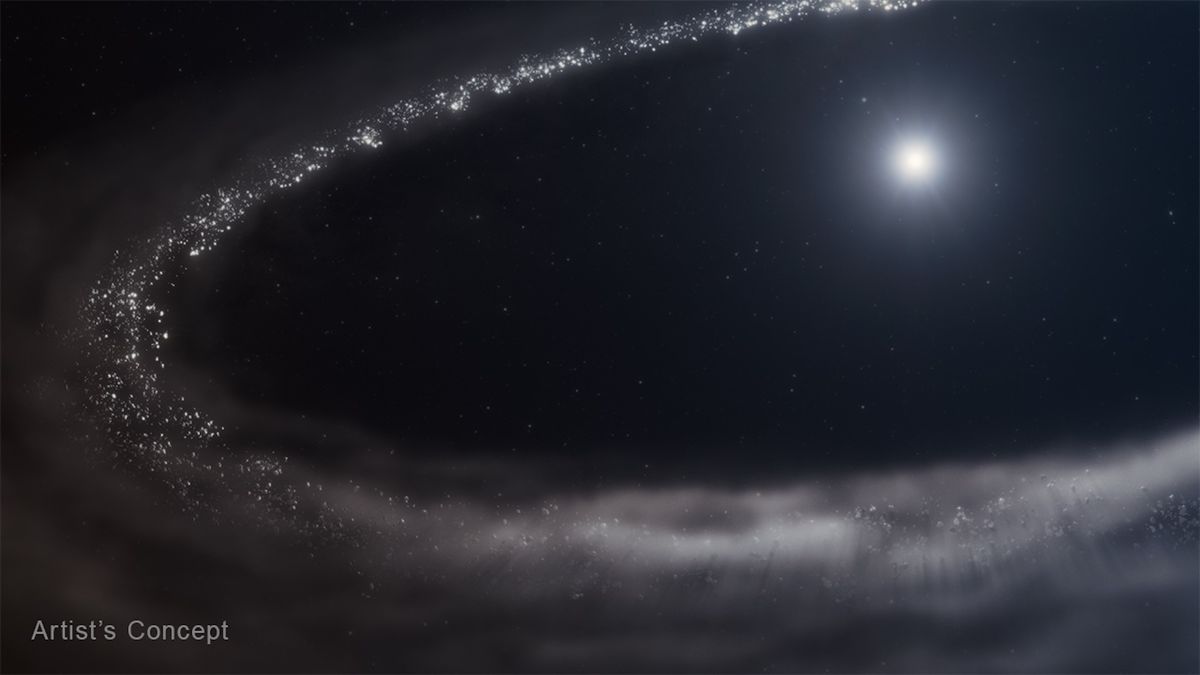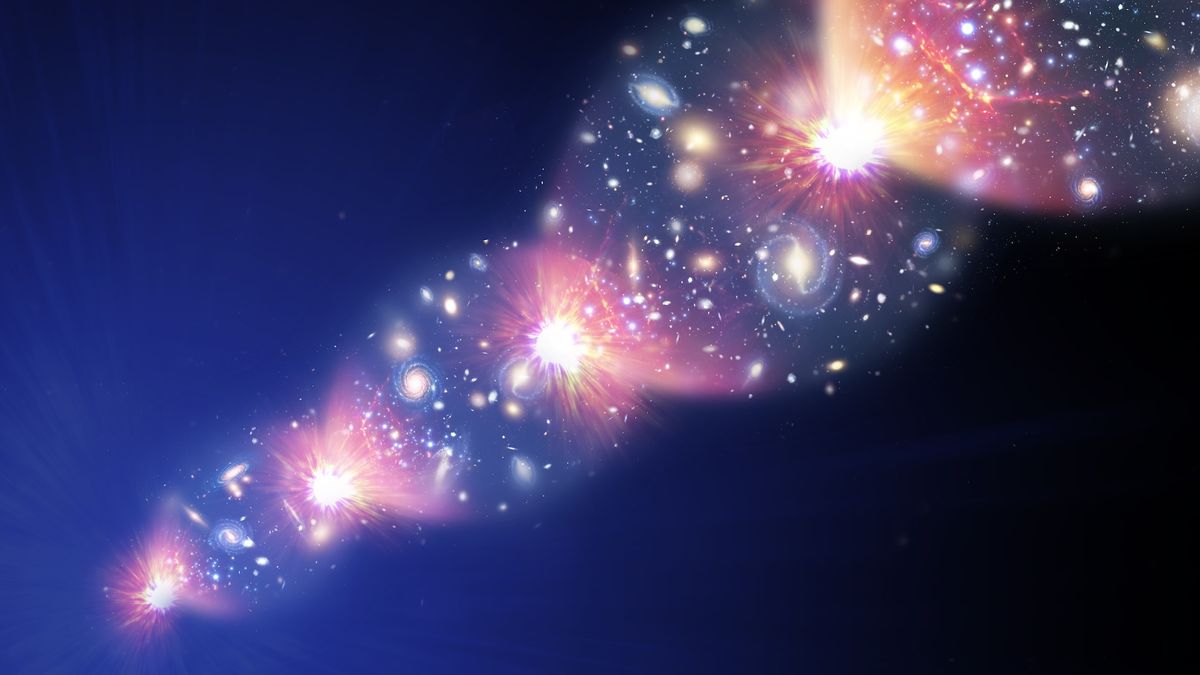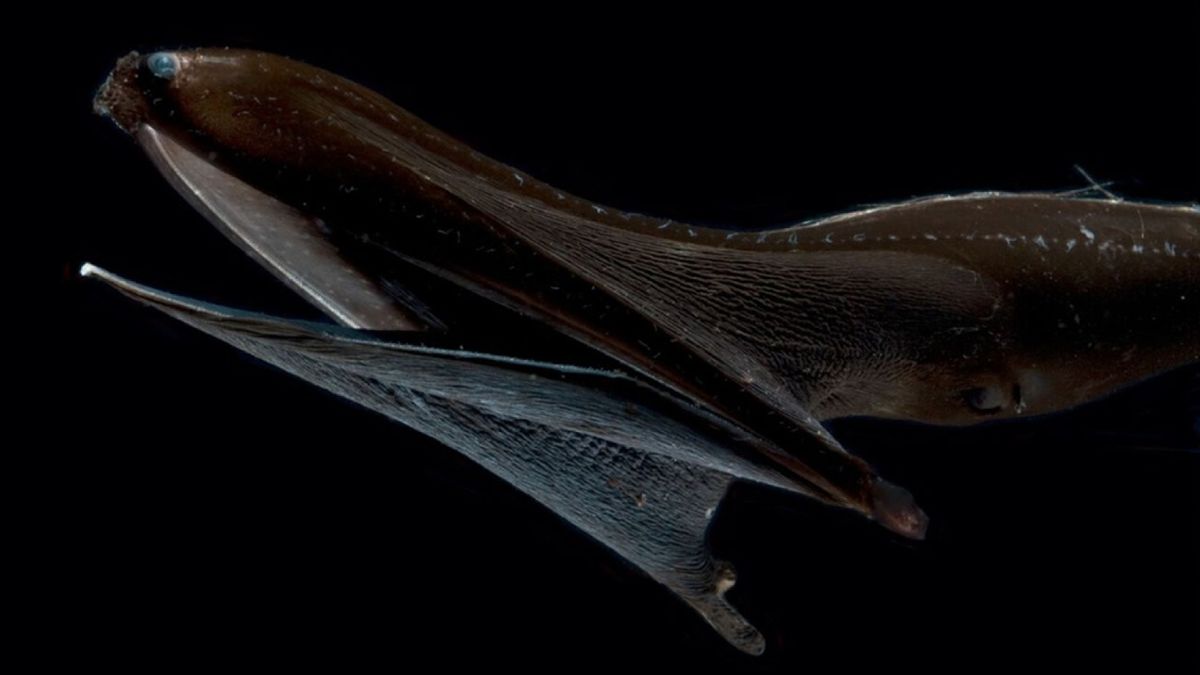Now Reading: James Webb Spots Frozen Water Around Sunlike Distant Star
-
01
James Webb Spots Frozen Water Around Sunlike Distant Star
James Webb Spots Frozen Water Around Sunlike Distant Star

Speedy Summary
- The James Webb Space Telescope (JWST) has discovered water ice within a dusty debris ring around HD 181327, an infant sunlike star roughly 155 light-years away in the constellation Telescopium.
- HD 181327 is encircled by a disk rich in the early building blocks of planets, with frequent collisions stirring up water ice particles detectable by JWST.
- The study suggests that “dirty snowballs” of ice and dust from this disk may later deliver water to emerging rocky planets,a process similar to what occurred on early Earth.
- Most of the detected water ice exists in the cold outer zones of the disk; closer regions show less evidence due to ultraviolet radiation or its entrapment in planetesimals invisible to JWST instruments.
- researchers compare this debris disk structure to what our Kuiper Belt likely resembled billions of years ago during Earth’s planetary formation phase.
Image credit: NASA, ESA, CSA, Ralf Crawford (stsci)
Indian Opinion Analysis
This revelation offers profound insights toward understanding how essential resources like water are distributed and transported within planetary systems beyond Earth’s solar system. For India-actively advancing space technology through missions such as Chandrayaan and Gaganyaan-it reinforces opportunities for future collaboration in international space science initiatives like JWST observations or exoplanet studies. As Indian scientists focus on exploring extraterrestrial environments’ viability for sustaining life or fostering human exploration efforts, findings about these “building block zones” could help refine strategies for studying celestial systems closer or farther from home.
Moreover, promoting such research can strengthen India’s position as a stakeholder in programs addressing major universal questions about habitability and life’s origins elsewhere-a potential boost not just scientifically but diplomatically amidst expanding global interest in space exploration.
























